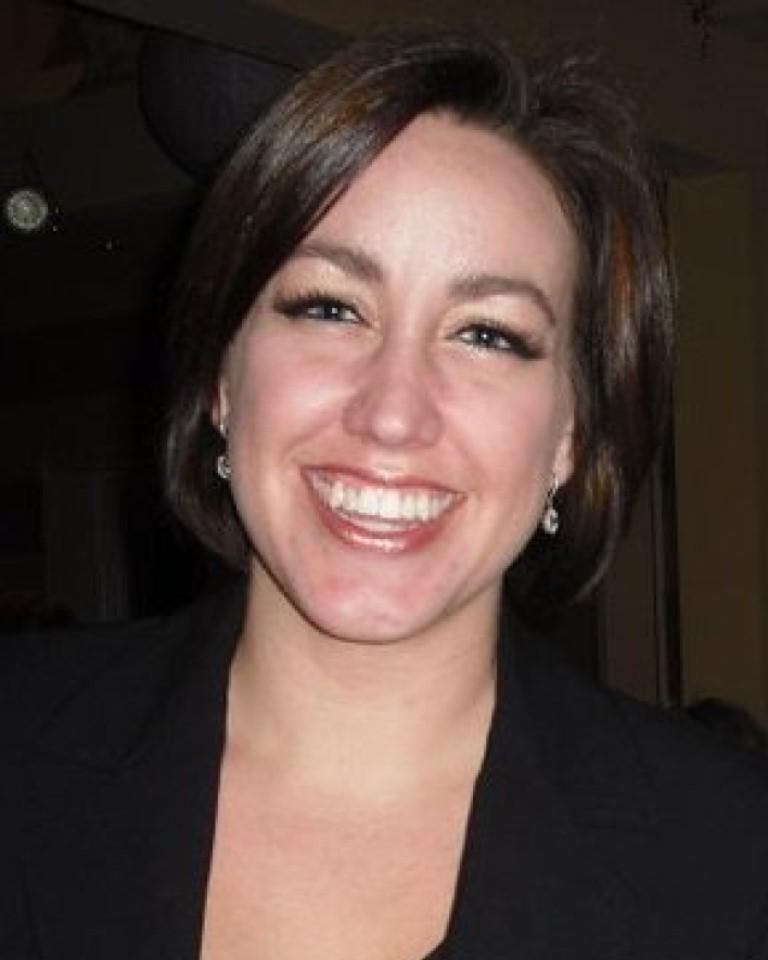Rebecca Linwood

ALUMNI SPOTLIGHT | MARCH 2017
KU major: Cell Biology, class of 2005
Current occupation: Sr. Scientist at Merck Animal Health
Research mentors while at KU: Dr. Jennifer Gleason
Describe the undergraduate research experience that you had while at KU:
A: I started working for Dr. Gleason as a media maker for the many Drosophila strains in her lab. At the time, I was a chemical engineering major. I started performing molecular biology assays to aid in selective breeding in a effort to better understand one aspect of mate choice. The research appealed to me as nothing had in engineering and I soon changed my major. I was lucky enough to help in several research projects for Dr. Gleason, present posters and even get a publication. My experience as an undergraduate researcher literally changed the course of my life.
Q: What do you think was the most important thing you learned while doing undergraduate research?
A: Perseverance. Experiments don't always work, but you learn from each assay and apply that knowledge to the next experiment. Dr. Gleason was instrumental in this as she approached the results from each assay calmly, regardless of the outcome. I learned to assess every part of the experiment, adapt and try again. After almost 15 years in the business, this is still an essential component of a career in science.
Q: What advice do you have for undergraduates who might be interested in doing research or creative scholarship?
A: Do it!! Research experience is the most important thing we look for when assessing job candidates. It shows us that you have initiative, lasting interest, and an understanding of the scientific process. From a student perspective, a career in biology wasn't even on my radar until I began doing undergraduate research. Experiencing biological research first hand let me understand what it really meant to be a scientist and helped me to realize that it would provide a fulfilling and engaging career choice.
Q: Do you use any of the skills or perspectives gained doing research in your current occupation? How so?
A: I use a large portion of the skills gained in my undergraduate research. While a lot of the hands-on work had to do with Drosophila, the principles that I learned can be applied to any species or field. I performed PCR, restriction digest and gel electrophoresis, which are used in every molecular biology lab in the world. In every experiment, we use the scientific method and this is used across the board as well. And I still get a hold of Dr. Gleason when I need some advice, be it scientific or career oriented.
Q: Many undergraduate researchers are making decisions about what to do after they graduate from KU. Having been in those shoes, what do you know now that you wish you’d known then? Do you have any advice?
A: Post baccalaureate decisions are quite challenging and personal. Some people take a direct route through the educational system and end up with a PhD. Others, myself included, take a more roundabout path. I think making the choice that feels right is often the wisest. I have seen friends push themselves too quickly to achieve ever higher levels of success and burnout. Take your time and make sure you pick the path that suits you most. Finding the right research, the right adviser and the right colleagues are all essential to success and happiness.